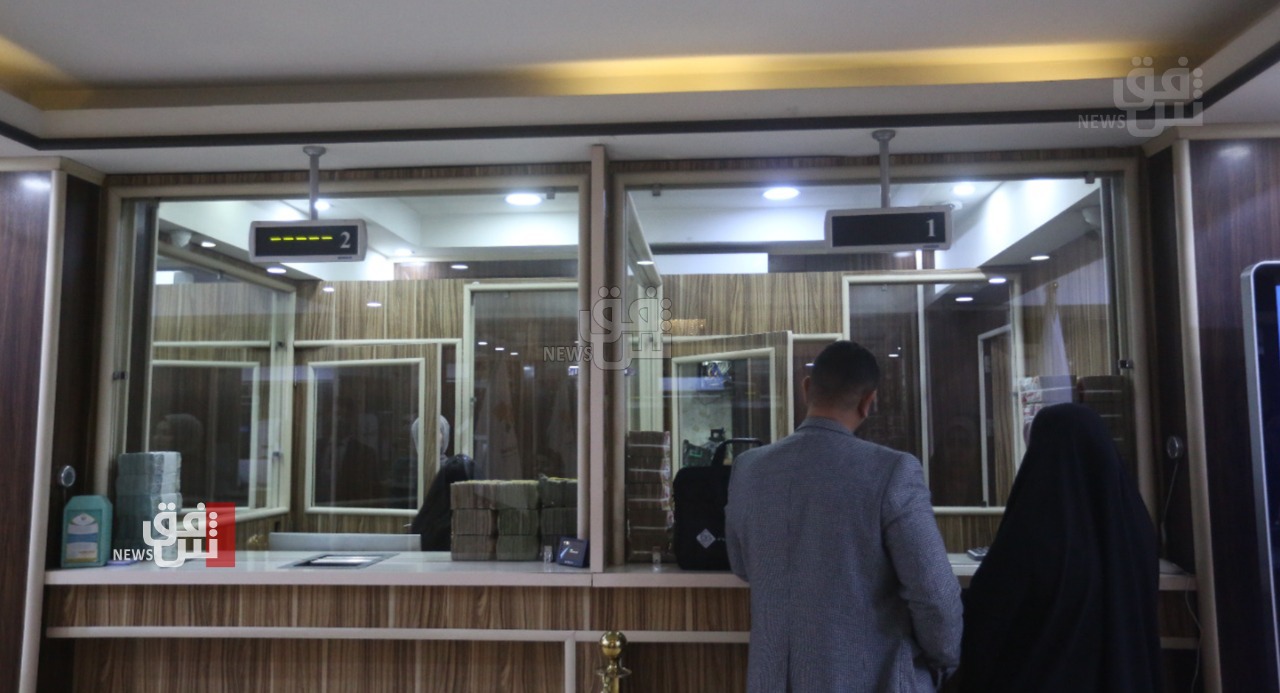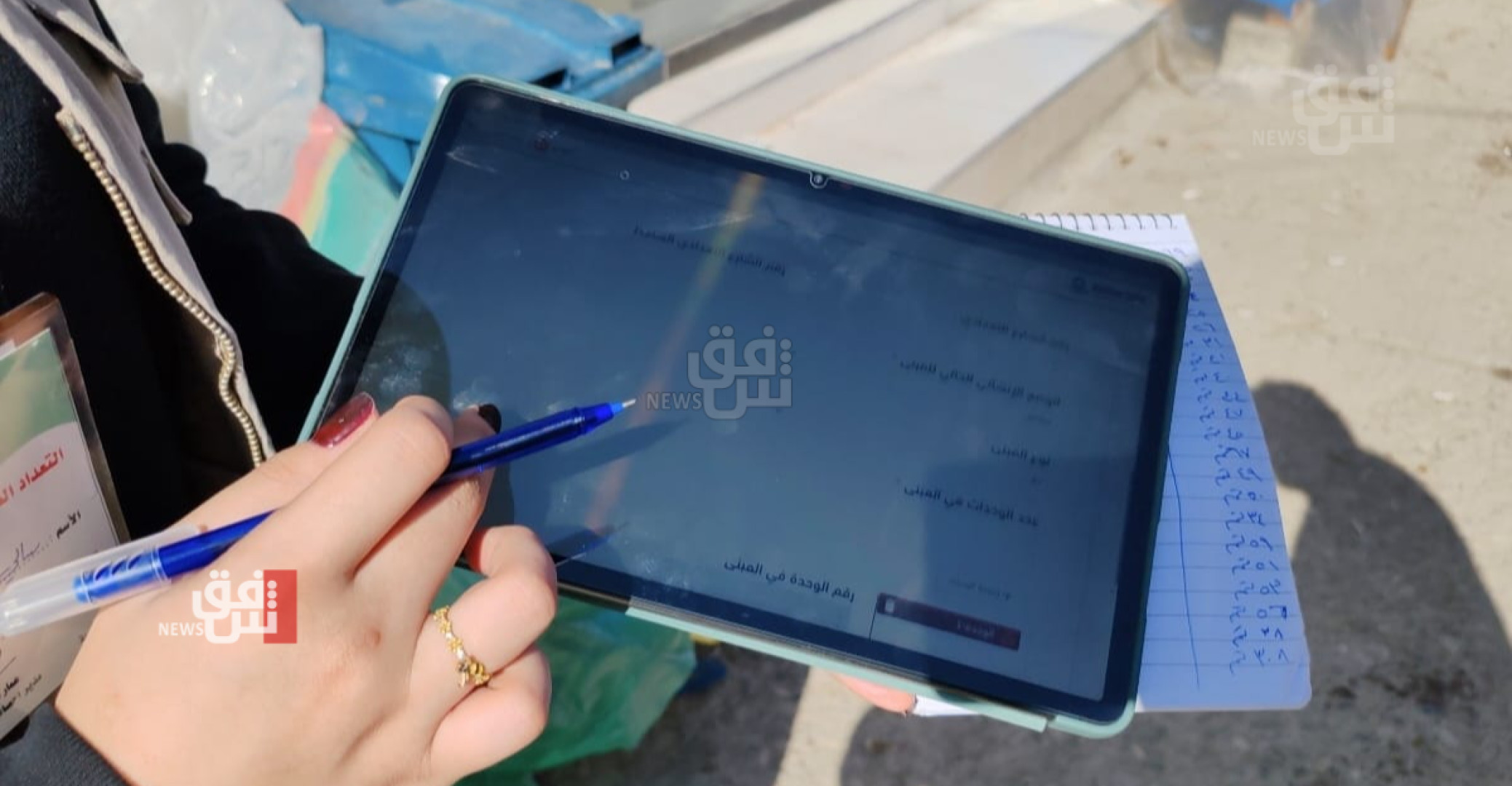Iraq’s census sparks debate over Kurdistan’s budget share

Shafaq News/ Iraq’s recent national census, conducted on November 20–21, revealed that the Kurdistan Region’s population has surpassed 6.3 million, 14% of the country's total, reigniting discussions over the Region’s share of Iraq’s federal budget.
Calls for Budget Adjustments
Political analyst Yasser Al-Hamdani told Shafaq News Agency, "The population growth in Kurdistan strengthens its case for a larger budget share, though obstacles remain within Iraq's overall financial framework."
Al-Hamdani emphasized that the census offers critical data for addressing population density and city expansion across Iraq, especially in Kurdistan, adding, "This data should serve as a foundation for fostering better relations between Baghdad and Erbil, ensuring every province receives its fair share."
Dr. Kadhim Yawar, an academic, pointed out the census’s strategic role in shaping Iraq's budget, stressing, "The Iraqi parliament will use these figures to allocate resources fairly among provinces, significantly impacting economic ties between Baghdad and Erbil."
Implications for Federal Relations
Researcher and academic Firas Al-Najmawi noted the historical significance of the census, stating, "This is the first official population count since 1997, and it will directly influence budget allocations and parliamentary representation."
Al-Najmawi argued that Baghdad should proactively adjust financial allocations and representation without requiring formal demands. "If these adjustments are neglected, affected regions, including Kurdistan, must assert their constitutional rights to fair shares from the federal government."
He also addressed the broader implications of the census on federal relations, warning that ignoring the results could strain ties between Erbil and Baghdad. "While recent negotiations have improved relations, failure to account for the census results could reignite disputes over wealth distribution and other unresolved issues," he said.
A Turning Point for Policy
The census is expected to guide Iraq’s ministries, particularly the Ministry of Planning, in prioritizing resources and infrastructure development. Analysts agree that the data could provide a basis for more equitable policies, potentially resolving longstanding disputes between Baghdad and the Kurdistan Region.
However, the success of this process will depend on Baghdad's willingness to act swiftly and fairly on the census results, ensuring that the figures translate into meaningful changes in resource allocation and representation.



